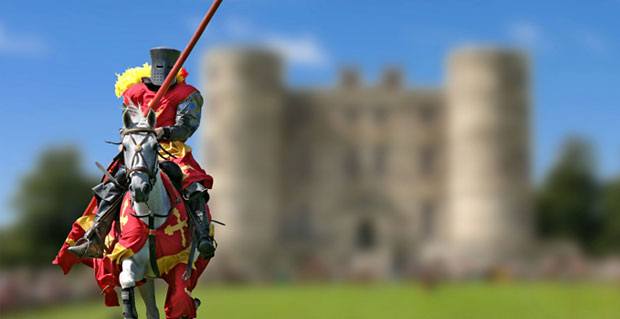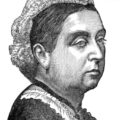As you sit in front of your PC, laptop or even your smart phone or iPad in a well-lit room, warmed by your central heating system, picture yourself in Medieval times.
Tales of this period of history (500 CE to 1500 CE) abound with knights and nobles, kings and serfs, jousting, and of course feasts and banquets. Would you be a knight in shining armour off to the crusades or jousting to win your lady’s favour? Or would you be a serf working for your Lord of the Manor and struggling to earn enough money to feed your family and buy your freedom?
Either way, life was hard. Climate change and energy-saving was unheard of, and organic growing was a way of life, not an option as it is today. How then did our Medieval forebears manage without the conveniences we take for granted today?
Light is essential to human life, so how did people cope without lighting as we know it today? The only source of light was fire. Fires themselves have the added benefit of keeping you warm, but they can’t easily be carried from one place to another. A pet dragon might have be an option of course, but few would have survived all these gallant knights.
Candles have been around since Roman times. Unless you were fortunate enough to be of noble birth, your candles would have been made from tallow (animal fat). While these were effective, tallow candles are said to stink! Bees wax candles were used to light up the nobility’s life, giving much-needed light without the distinctive ‘aroma’.
Torches provided light too. Pieces of resinous wood were bound with rags impregnated with fat, and burnt. The smoke would have played havoc with the castle’s décor and caused more than a few smarting eyes! Oil lamps also provided light and could be hung from ceilings or placed on tables.
So what difference would modern day lighting have made to our ancestors in Medieval Britain? Reading and writing would have been easier in the hours of darkness, but just for the privileged men and boys. Only about a third of the population were literate. Girls of noble birth were not taught to read or write and children of the poor had to work from a very early age.
For the nobility, LED lighting would have meant cleaner castles, unpolluted air and less washing of clothes. Security lighting outside the castles might have reduced surprise attacks, and the Ladies would have found tapestry and embroidery easier by electric light.
But would electric light have benefited the subjugated and overworked serfs and peasants? No doubt their already punishing working day under the feudal system would have been extended well into the night.
So would a time traveller bringing LED lighting to Medieval Britain be welcomed? Probably not. Given the history of the times, it would probably result in burning at the stake for sorcery!




